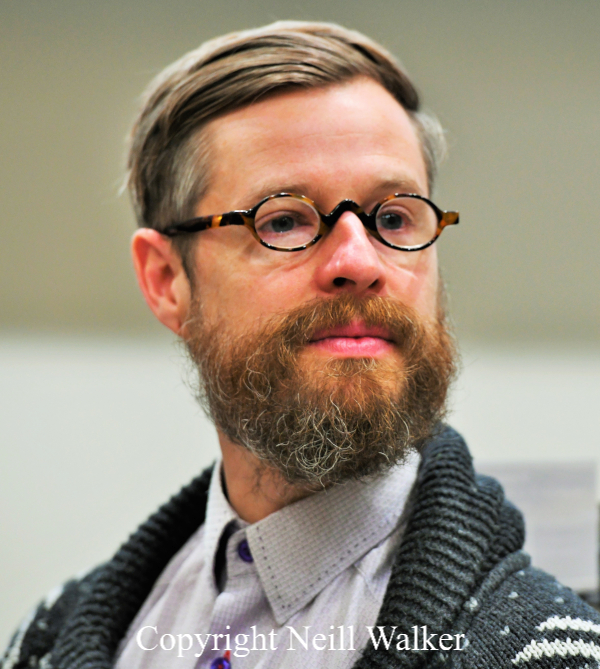Symposium & Roundtable
29 February 2020, Edinburgh
The Dark Side of Meditation: Understanding and overcoming difficulties on spiritual paths and in mindfulness practice.
Over 100 guests registered for the symposium that took place at Edinburgh University.
Speakers from clinical psychology, anthropology, mindfulness psychiatry and different religious backgrounds (listed below) discussed that meditation does not always lead to more peace and calm but can sometimes lead to difficulties.
Meditation and mindfulness have grown in popularity. A large body of research published in recent years shows how mindfulness and meditation can be used to ease a wide range of mental and physical problems. Yet hardly anybody has looked into problems that can arise through or along with these practices.
For some, meditation can be accompanied by difficulties that go beyond the inability to calm one’s mind: Half-forgotten experiences might be remembered that are upsetting for the practitioner. Meditators might see lights or have visions. They might feel that their body is moving uncontrollably, that they do not inhabit their body anymore in the way they did before, or that energy is moving through them. Insights acquired during meditation might change a person’s way of seeing the world, and they might find themselves unable to continue living their life in the same way as before. Some people begin to doubt some of their fundamental beliefs and fall into a “dark night of the soul”.
Many meditators are unsure how to make sense of these unusual experiences and do not know where to turn for help. For a few, their experiences during and after meditation become unmanageable and psychiatrists diagnose them with psychosis, PTSD, depression or anxiety disorder. While psychiatry sees these experiences as adverse effects of meditation, spiritual traditions often value them and recognize them as opportunities for growth.
In this workshop, we found bridges between the different ways of explaining meditators’ experiences. Experts from a wide range of backgrounds discussed the experience of spiritual emergencies, different factors that influence them, and ways of working through them.
Keynotes:
Dr Christine Kupfer, Social/Medical Anthropology & Education Studies, Edinburgh:
The Dark Side of Meditation: An Overview [download the powerpoint here]
Dr Liane Hofmann, Institute for Frontier Areas of Psychology and Mental Health (IGPP), Freiburg, Germany:
Spiritual and meditation-induced crises: historical developments and current state [open Liane Hofmann's website here]
Isabel Clarke, Consultant Clinical Psychologist & Spiritual Crisis Network Director, Southampton:
When the spiritual path goes astray: the work of the Spiritual Crisis Network [open Isabel Clarke's website here]
Roundtable:
Dr Andrew Watson, Chief Psychiatrist for NHS Lothian
Dr Audrey Millar, Consultant Clinical Psychologist NHS, Edinburgh
Dr Mark Miller, Philosopher of neuroscience, University of Sussex
Isaac Portilla, Centre for the Study of Religion and Politics (CSRP), University of St. Andrews [open website here]
Richard Johnston, Director of Christian Mindfulness, Fife, Scotland
Chair: Dr Stefan Ecks, Medical Anthropologist, University of Edinburgh









![_DSC1524scaled[4033].jpg](https://static.wixstatic.com/media/281a5e_35c6b773255d49e291b21460475c4b53~mv2.jpg/v1/fill/w_720,h_386,al_c,lg_1,q_80,enc_auto/_DSC1524scaled%5B4033%5D.jpg)
All images on this page are by Neill Walker
